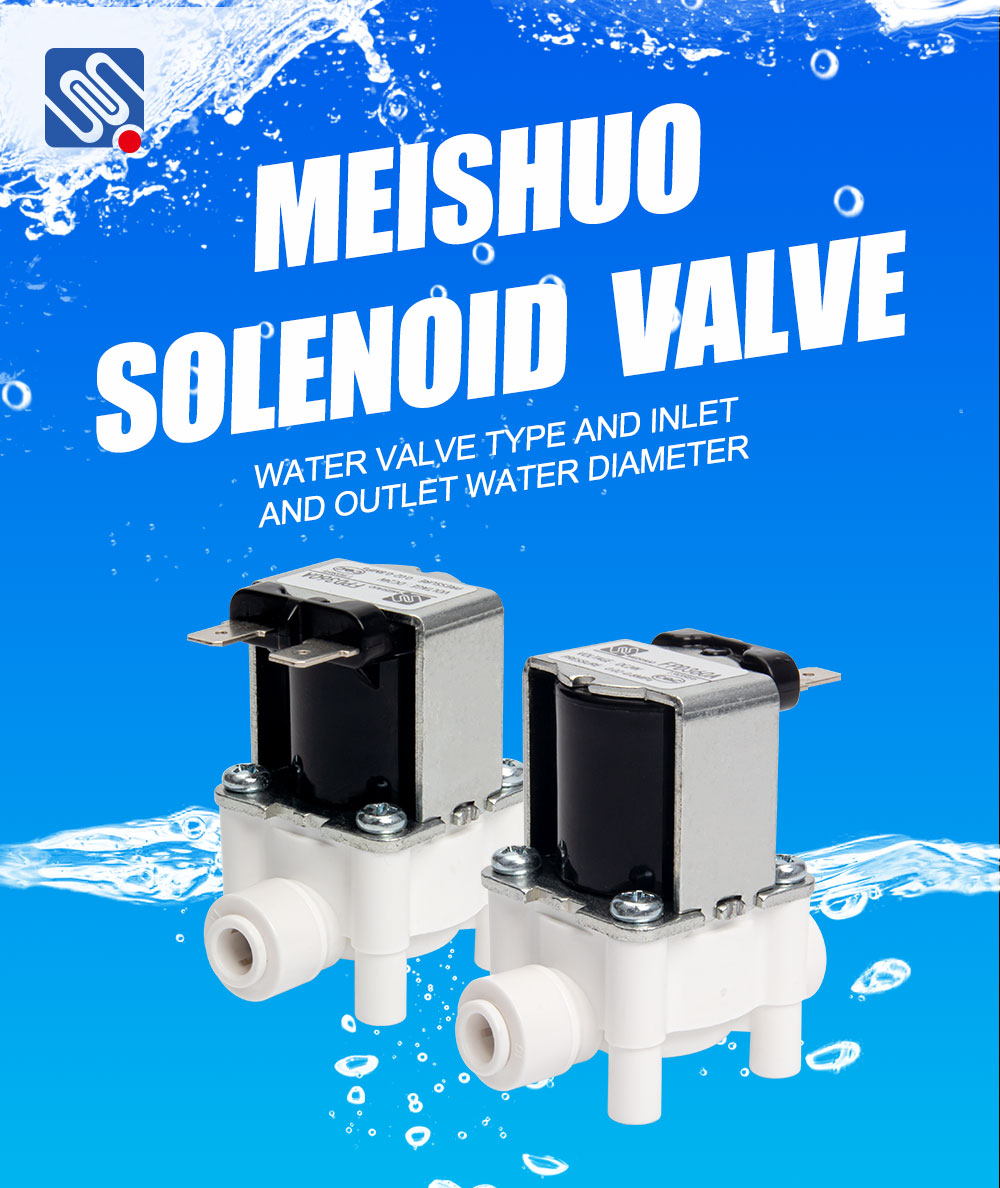irrigation valve manufacturer: key players and innovations in efficient water management
Release time:2025-10-23 18:02:05
Irrigation is a crucial component of agriculture, landscaping, and gardening, ensuring that plants receive the right amount of water for optimal growth. In modern irrigation systems, irrigation valves play an essential role in regulating water flow, making it possible to automate and control watering schedules. The evolution of irrigation valve technology has made it easier for farmers, landscapers, and homeowners to save water, improve efficiency, and enhance crop yields. This article will explore the role of irrigation valve manufacturers, the types of valves they produce, and the innovations that are shaping the future of water management.

Understanding Irrigation Valves Irrigation valves are devices used to control the flow of water in an irrigation system. By opening and closing at specific intervals, they allow the system to direct water to the correct areas of land or garden. These valves are critical for maintaining efficient irrigation schedules, ensuring that plants receive adequate water without wasting it. There are several types of irrigation valves, including automatic valves, manual valves, pressure-regulating valves, flow control valves, and backflow prevention valves. Each type serves a specific function to enhance the overall performance of the irrigation system. Automatic valves, for example, are often controlled by a central irrigation controller that determines when and how much water is needed based on environmental factors like temperature, soil moisture, and weather forecasts. On the other hand, manual valves offer simple control, typically requiring the user to physically open or close the valve to adjust water flow.

